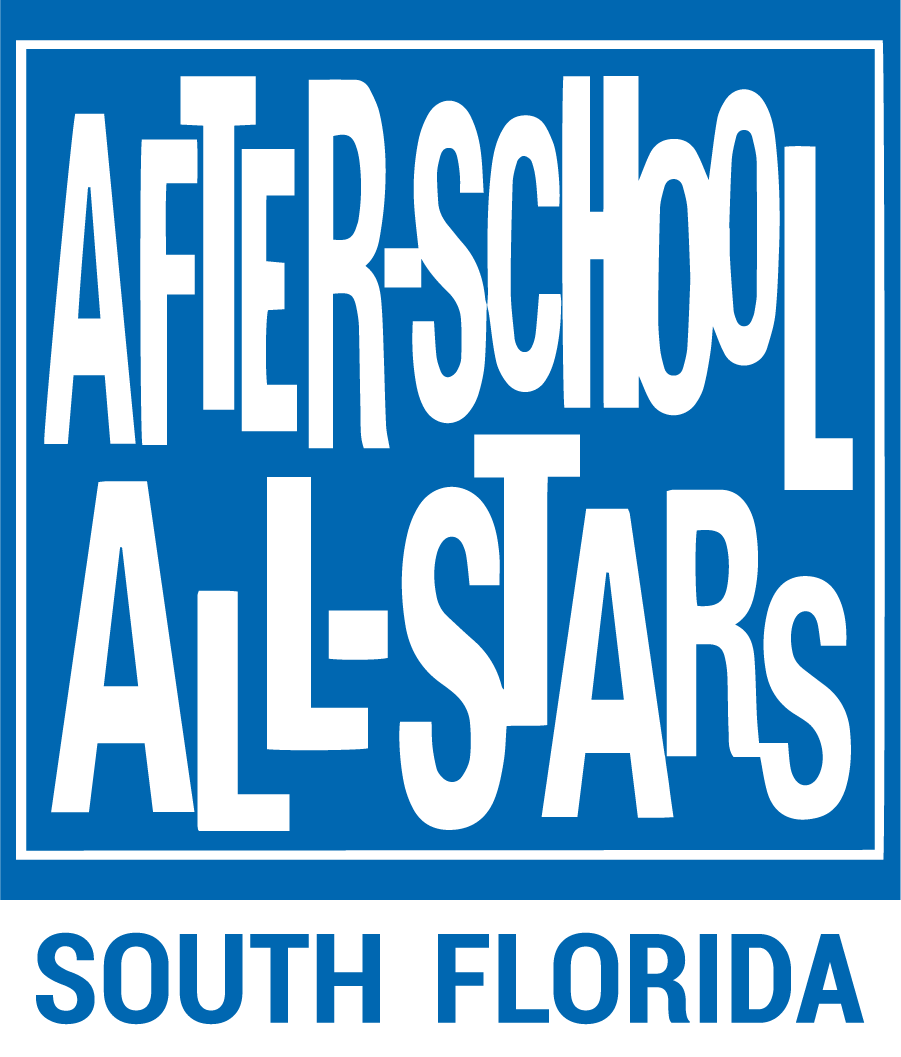Organizational Structure
Mission: Our mission is to provide comprehensive afterschool programs that keep children safe and help them succeed in school and life. Through this mission, it is our vision for our All-Stars to be safe and healthy, graduate high school, go to college, find careers they love and then give back to their communities.
Structure: After-School All-Stars is one of the country's largest nonprofit organizations working to close the opportunity gap for low-income youth. Comprised of 19 chapters, All-Stars' programs are currently operating at 725 school-year sites and summer camps in 78 cities across the country, providing year-round free, comprehensive programs and support services for students and their families. In 2022, our parent organization served 118,068 students living in high-poverty communities. 91% of ASAS students are youth of color and 90% qualify for the Federal Free and Reduced Lunch Program.
The South Florida Chapter (SFASAS) for which this application is being made has provided critical support and services to low-income youth since 1995, bridging the opportunity gap and providing students and families a wide range of enrichment activities. Last year, SFASAS served 5,029 students and of those, 97% were of color at 46 sites with 88% qualifying for free or reduced lunch programs. Current Strategy: Mental health support and interpersonal skill development are embedded in our academic and enrichment curricula. Our holistic approach includes community and family engagement efforts that ensure continued assistance for our All-Stars when they leave school settings.
We are driven by youth voice and choice, and we tailor our programs to students' interest in the following areas: health & wellness, STEAM learning, visual & performing arts, career exploration, and academic readiness. Each of these strategies support our over-arching mission of keeping children safe and helping them succeed in school and life in the following ways:
Health and Wellness: Encourages healthy behaviors like daily exercise, balanced nutrition, and interpersonal skills offering experiences in athletics, fresh food preparation, and mindfulness as exemplified by life skills, nutrition, gardening, and cooking; sports, dance, and yoga.
STEM Learning: Project-based learning experiences in Science, Technology, Engineering, and Math (STEM) help students develop valuable life skills including collaboration, communication, problem solving, and creativity as exemplified by coding and robotics; virtual reality; forensics, and 3D printing.
Visual and Performing Arts: Visual and performing arts programs build confidence, encourage self-expression, and develop technical and leadership skills. Arts programs include many courses that are no longer offered during the school day. Program examples are dance; photography, music and production; fashion and design to include sewing and cosmetology; and stage production.
Career Exploration: Career exploration programs introduce students to career pathways and industry mentors. Students develop strategies for exploring career and education goals while building skillsets for the modern work environment. Program examples include workplace visits; virtual reality training; career-focused discussion; guest speakers; mentorship from working professionals; internships and job placements as well as opportunities for dual-enrollment while in high-school for college credits.
Academic Readiness: Academic readiness programs provide our students with the support and homework help they need to build healthy habits that lead to positive academic outcomes. Program examples include homework assistance, college visits, financial literacy; critical thinking, and curriculum that teaches one the ability to gather, analyze, synthesize, and present information; keeping pace with reading and review, which are all needed to use in effective study strategies.





